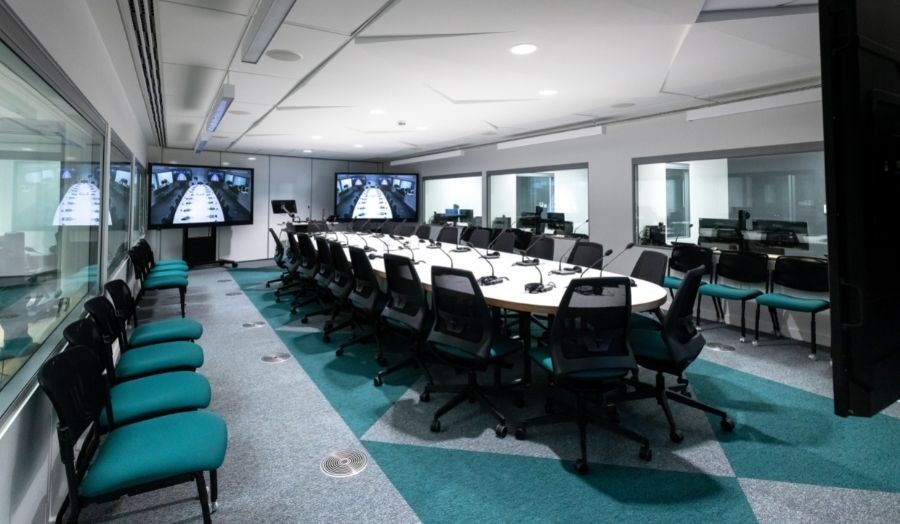Piero Toto, Senior Lecturer in Translation, has a written a chapter in the new book, Empirical Studies of Translation and Interpreting: The Post-Structuralist Approac
Date: 10 June 2021
This month, a chapter written by Piero Toto, a Senior Lecturer in Translation at London Met, was included in the newly published book, Empirical Studies of Translation and Interpreting: The Post-Structuralist Approach.
The chapter, Flipped Classrooms and Translation Technology Teaching: A Case Study, addresses the issues that can hinder or slow the in-class learning process - which in turn creates the impression that translation technology teaching is incompetent - by applying the ‘flipped classrooms’ model, an idea first trialled at London Met in 2016 on the basis of Jon Bergmann's pedagogical approach.
In a ‘flipped classroom’ setting, class time is dedicated to practising, collaborative learning and individualised support from the lecturer following instructional content being made available to students online before class.
Piero said: “This training approach has been found to empower students by giving them control over their studying and by enhancing their overall translation competence and performance.
“Based on the collection of data from students’ end-of-semester module evaluation forms and on trainer-student interactions across the years, this chapter reports how students have benefited from this learning approach and how translation technology trainers can embed flipped practices into their syllabus to enhance both their teaching experience and students’ own learning skills.”
The book is a collection of the latest empirical studies of translation and interpreting from the post-structuralist perspective, and can be bought on the Routledge website.

